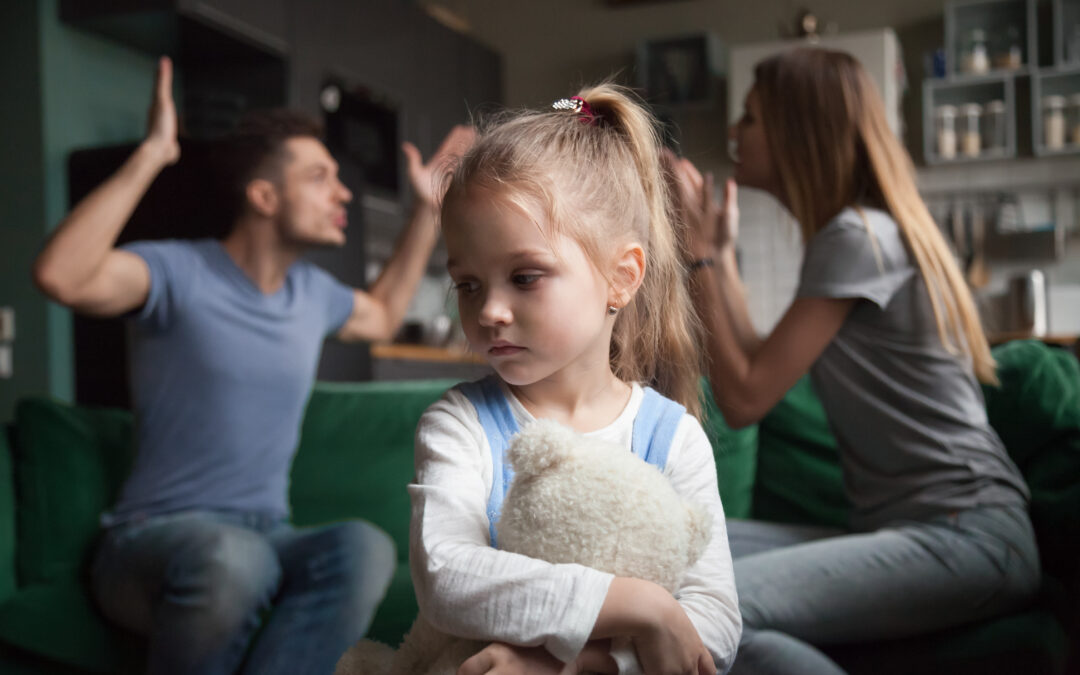3 Reasons Why Divorce is Not Bad for Your Children

Wondering if there are reasons why divorce is not bad for your children? There are many proven reasons why divorce is better for your children than keeping them in the presence of a bad relationship.
Oftentimes, people who want to get divorced may choose to stay together because they think it is better for the children. Staying together versus getting divorced is not always bad for children.
Here are three reasons why divorce is not bad for children:
1) The environment is less contentious after divorce
Divorce is not bad for children because parents who are divorced can often have a better, or less contentious, relationship than parents who stay married when they shouldn’t.
Think about it – if you think you may want to get divorced, what are the reasons why?
Reasons you are considering divorce might involve, arguing, yelling, tension in the home, financial problems, infidelity, domestic violence, emotional or verbal abuse, or a host of addictive behaviors related to alcohol, drugs, gambling, pornography, or other issues. Despite your best efforts, your children will see and feel this conflict in the home.
Children crave peace, structure, and stability in their environment. If your marriage is tumultuous, divorce may help bring more peace into your children’s lives, and yours.
2) Children have better role models after divorce
The number one way you teach children is not with what you say but with what you do. For this reason, divorce is not bad for your children, and to the contrary, is often a better situation for them.
Every day, you and your spouse are modeling behavior for your children, which is how your children learn how they should be treated and how to treat others in relationships.
If your spouse is mistreating you to the point that you wish you could get divorced, consider what example it is setting for your children if you stay. Your children will be learning that both the mistreatment of a spouse and the tolerance of that behavior are normal and acceptable.
Simply by taking the appropriate action, you will be communicating to your children that mistreating your spouse is unacceptable and should never be tolerated.
3) High-conflict marriages result in poorer outcomes
There is now a huge amount of psychological research and literature that shows that children of divorce do not have poorer outcomes in life than children whose parents are married, but children whose parents have a high-conflict divorce do have poorer outcomes in life.
Examples of a high-conflict divorce include things such as repeated and protected litigation, constant arguments between the parents about minor issues, expecting the children to take sides, and putting the children in the middle of adult matters and arguments.
If you and your spouse can learn to co-parent in a peaceful and constructive manner, despite your differences which led you to divorce, your children can flourish.
There are many reasons why divorce is not bad for your children. If your goal is to have a peaceful divorce that helps create a fresh start and a brighter future for you and your children, please give us a call or schedule a consultation. Our team of expert divorce attorneys is happy to help you achieve these goals for your divorce and your children.

Author: Alison Herlihy
Family law attorney Alison Herlihy is a native of Mobile, Alabama. Alison has engaged in the private practice of family law since 2005, focusing primarily on domestic relations, divorce and child support, child custody law, adoption law, juvenile, probate practice, and wills.
Alison Baxter Herlihy earned the prestigious AV Preeminent peer review rating from Martindale-Hubbell, which recognizes attorneys for the highest levels of legal ability and professional ethical standards. Alison is a certified Guardian Ad Litem. In 2015, Alison became a Registered Mediator on the Alabama State Court Mediator Roster, in both general and domestic relations mediation.

